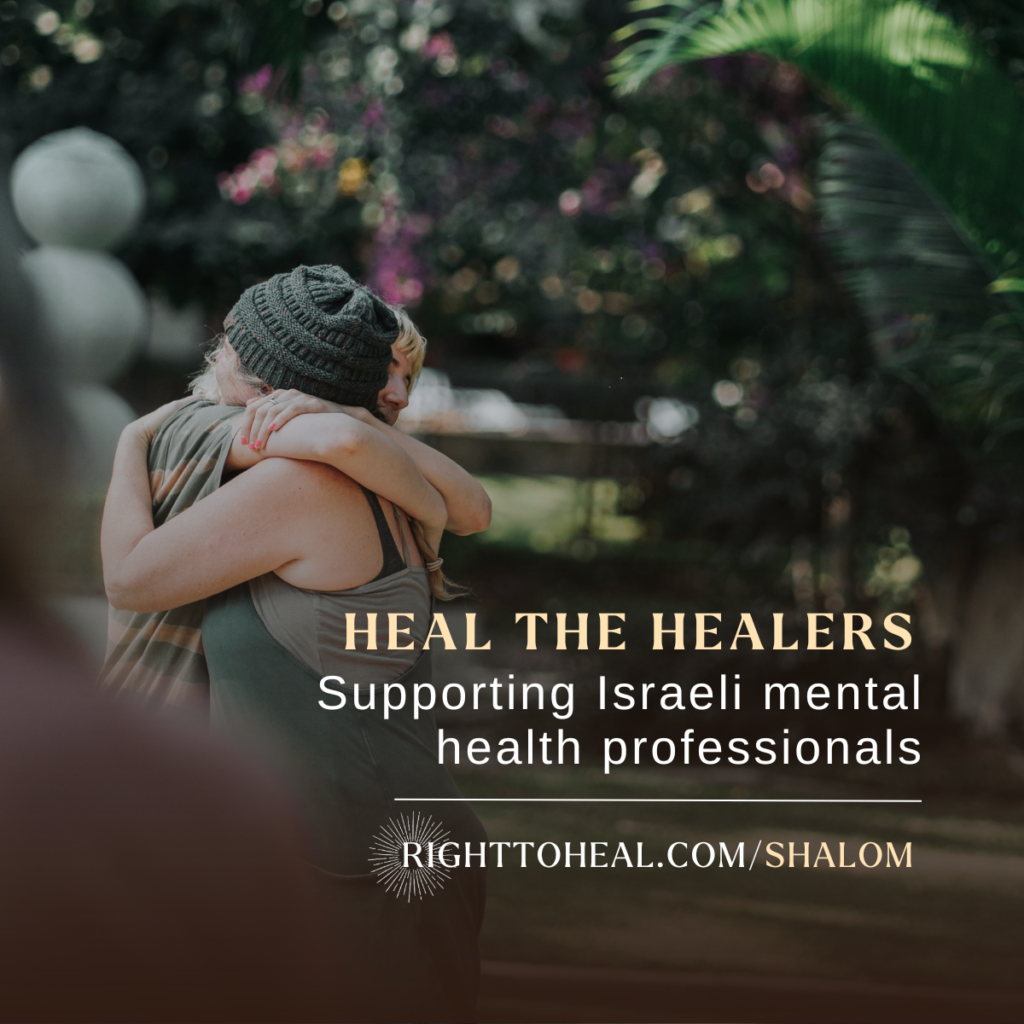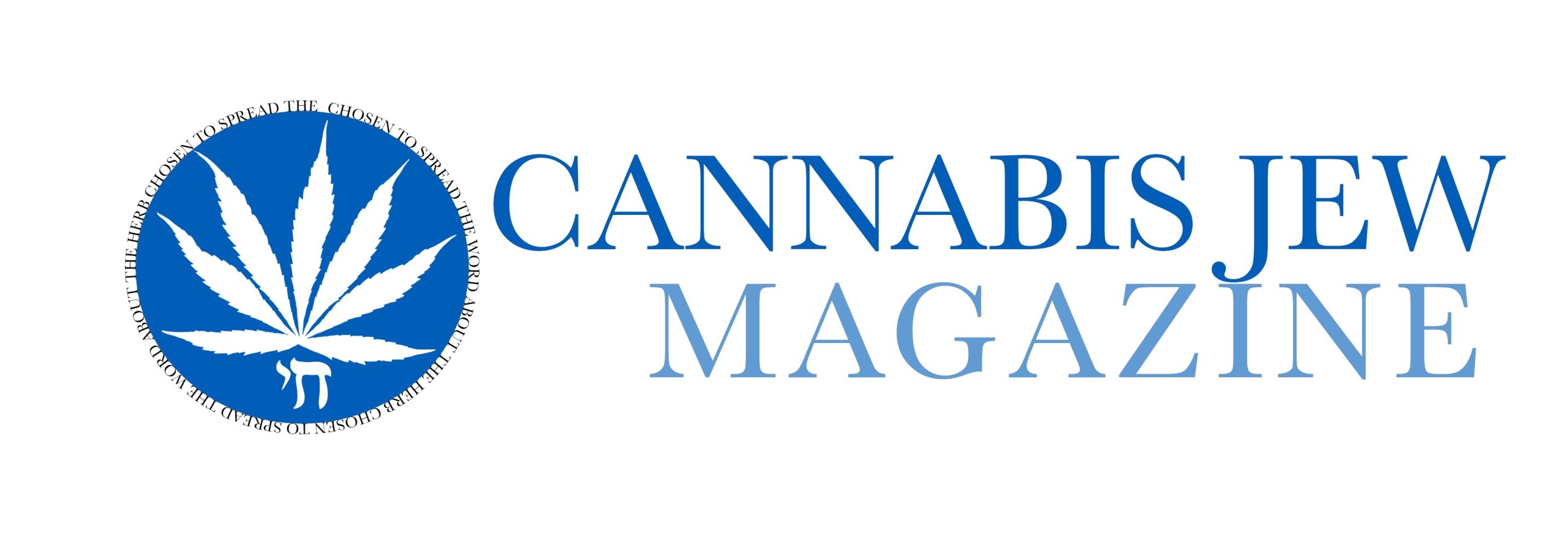The only way I’ve been able to convey the uncanny experience of being Jewish since October 7th is to explain that I feel like I’m living-out the first chapter of every Holocaust memoir I’ve ever read. For they all begin with the author’s painstakingly detailed description of how “almost overnight” they were seen as a problem and denounced by colleagues, mentors, neighbors and close friends who had been like family. However, it’s only now that I can feel the panic, confusion, and trauma they tried to represent by emphasizing—again and again—their absolute shock at this sudden loss of empathy and moral respect.
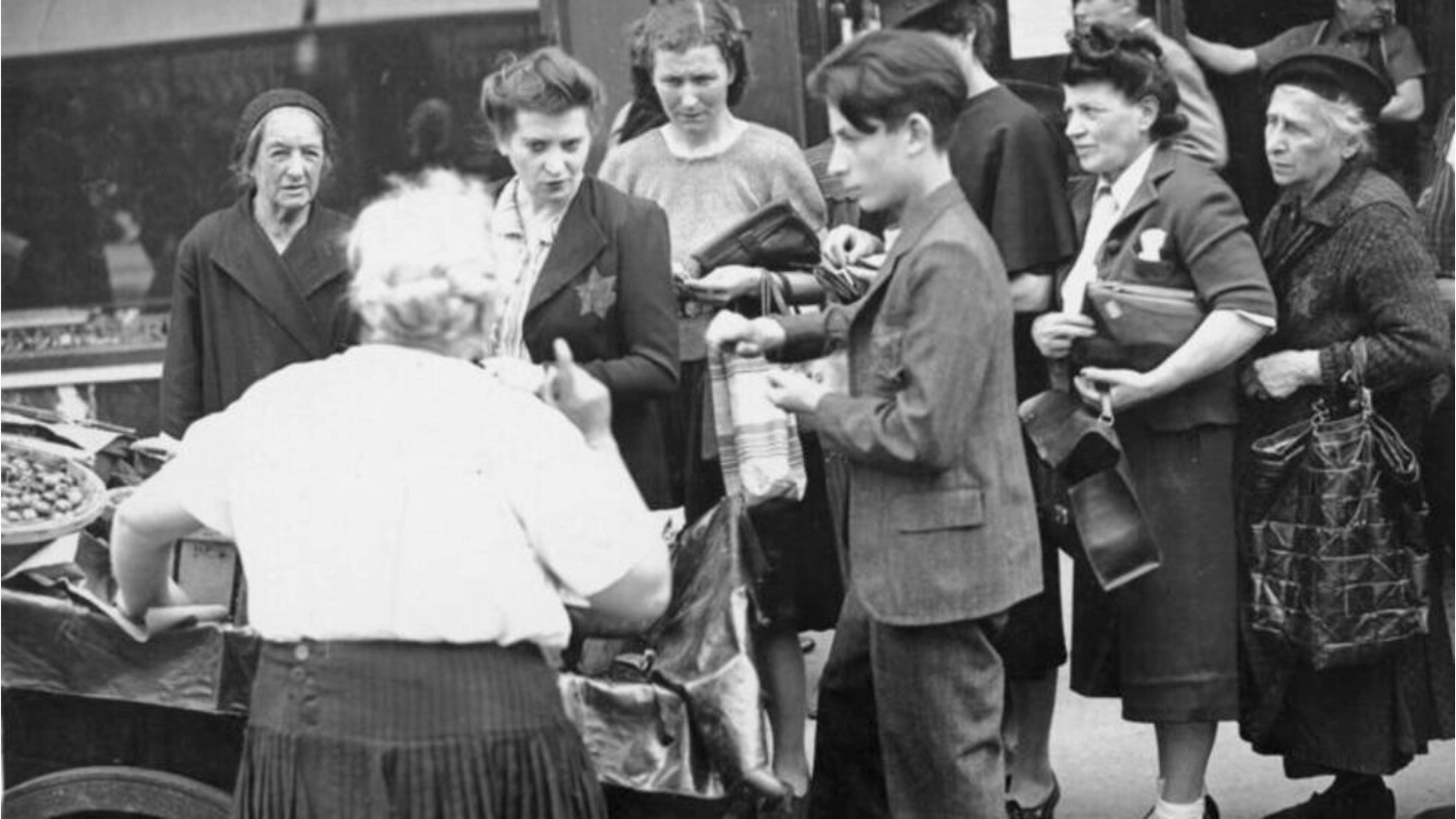
My experience feels uncanny when I realize that the words I’ve found to respond to the present are the same as those I’ve read a hundred times. For example, I recently added a comment on a post about Israel that shared my concern about the Jewish hostages still in captivity. In response, someone from the cannabis community denounced me as a racist who supports genocide.
My first thought about how to understand their refusal to respect my pain was: “I never thought it was possible for professional ethics to go out the window.”
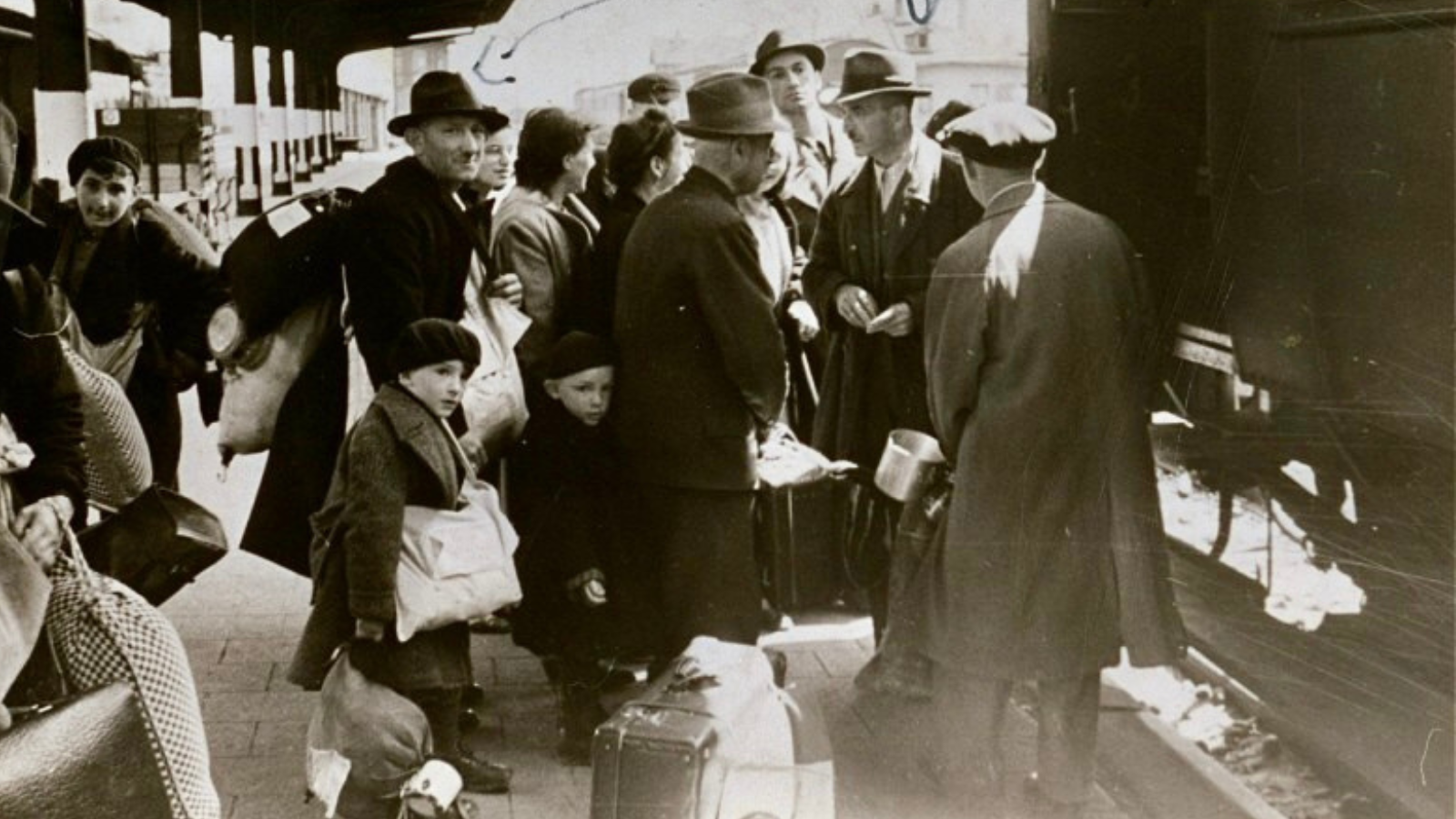
Then I felt the shiver of déjà vu and recalled that my thought wasn’t mine at all, but a trauma-response from our collective memory recorded in memoirs I had absorbed. I also realized that it had prevented me from thinking-through the exchange, from a position where I could think about the other as someone who shares my concerns and commitments, and consider how it’s possible that—for them—denouncing me as racist could feel like a reasonable and righteous thing to do.
I have some experience with the practice of restoring empathy from my research on implicit bias published in my book on Hip-Hop as Philosophical Text and Testimony, and from surviving an abusive childhood that did not impair my empathic ability.
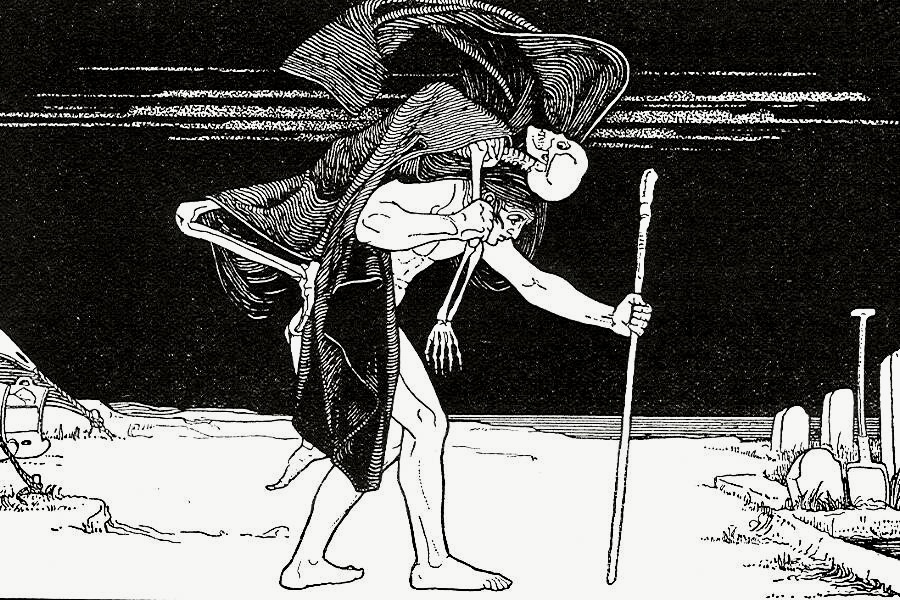
I’ve learned that empathy is made possible by the ability to relate to someone else’s experience of the world. I’ve also discovered that empathy is foreclosed when we simply assimilate the position of someone else to our own, insensitive to the very real differences in our histories and the circumstances of our being-in-the-world.
However, this raises a problem: How can I relate to the other’s experience of the world if I have no access to it, precisely because it is so different from mine?
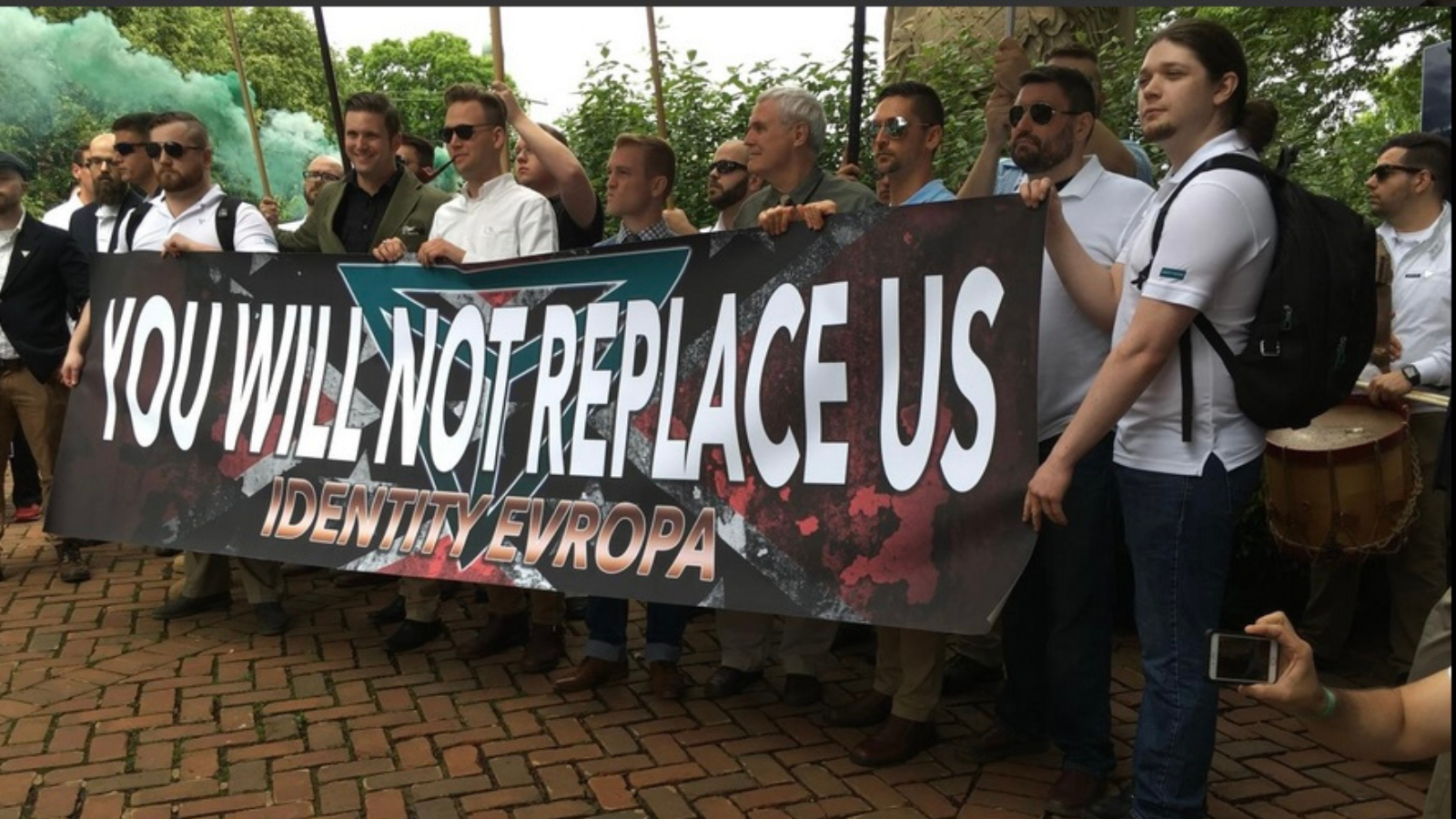
Indeed, this problem has led some scholars to conclude that White people are impaired in their ability to empathize with Black people because they refuse to see-themselves as White, and refuse to accept that there are limits to what they can understand about being-Black.
In her article “The Impairment of Empathy in Goodwill Whites for African-Americans,” Janine Jones argues that White people are impaired in their ability to empathize with Black people not because they can’t recognize the limits of their White experience, but because they have no reason to, and it disrupts their certainty and comfort with themselves.
I’ve thought about this problem a lot to think-through why so many Jews are being trolled by people in the cannabis and psychedelic communities who cannot empathize with our pain and loss, and hear every testimony of Jewish suffering as a call to genocide.

My sense is that the problem is connected to the erasure of Jewish history and ancestry in the now-dominant sensibility of Israelis as White colonizers; a view that assimilates the Jewish to the White experience of the world.
The assumption that Jews are “just White” frames the refusal to empathize with Jews who are not seen as the victims but as the perpetrators of racist oppression. It also accounts for why the Jewish testimony of loss is heard as a denial of Palestinian suffering and support for colonialist violence.
More generally, the sensibility of light-skinned, Ashkenazi Jews as White disavows our history of being-racialized as racial imposters, and the weight of our ancestry that transforms the present into something which must be survived.
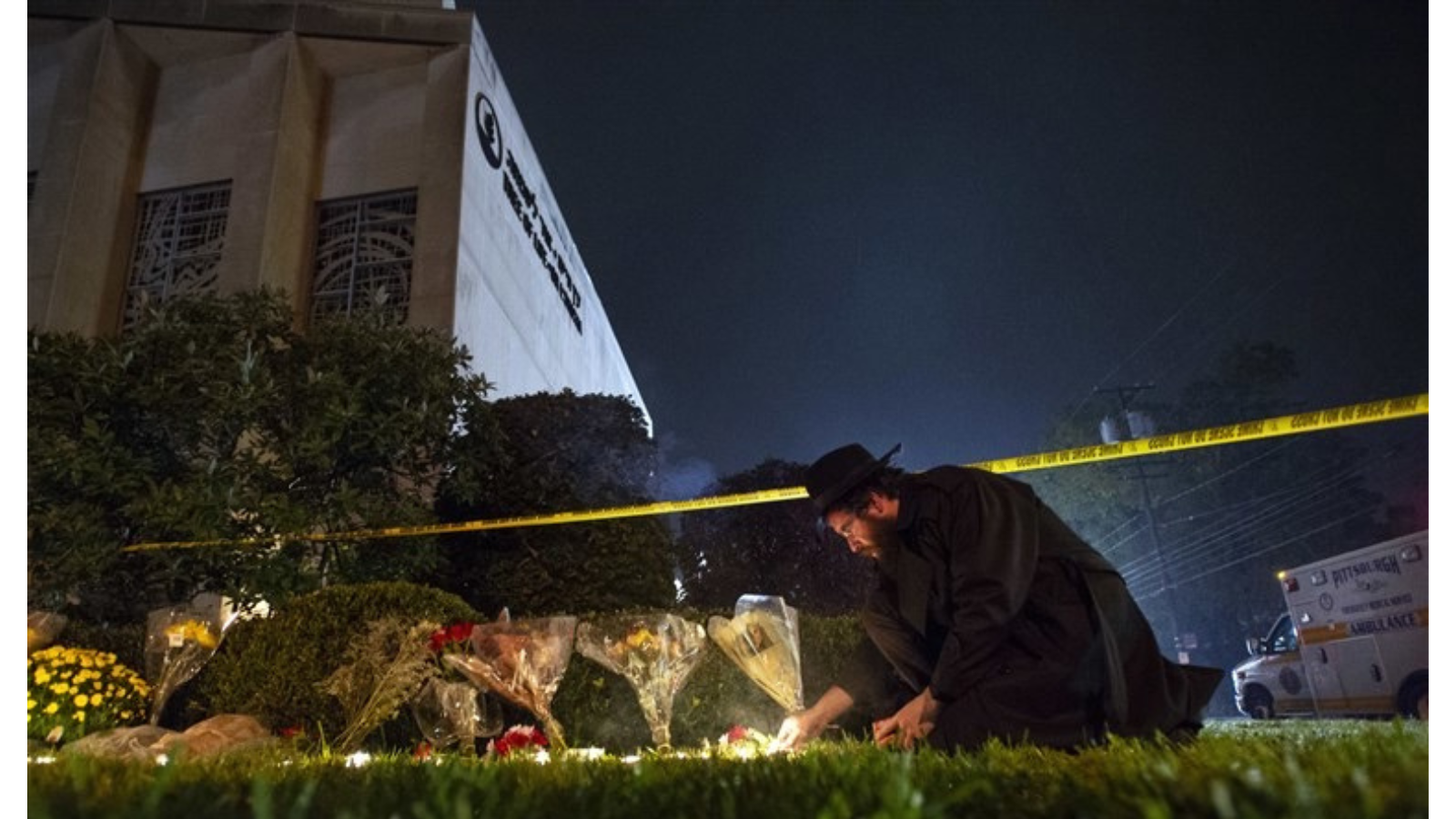
The problem can be traced to our designation and the impossibility of being both White—without racial history—and Ashkenazi Jewish—remnant of white supremacy. Since “White Jew” is a paradox and—as a designation—only one of the terms can apply, it signifies our ancestry as something always in question, insignificant, or possibly false—a fake narrative of victimization.
I think this is why it’s hard for so many people to take the harm of antisemitism seriously, or care when we call it out, as they don’t believe we suffer from racist stereotypes when we are “just White.”

However, as members of an ethnic minority, we have our own culture organized around Jewish norms of behavior and moral expectations that inform our cultural habits, mannerisms and experiences that are perceived by the White gaze in negative terms as defect, deficiency or flaw. (i.e. neurotic, inappropriate, pushy—to name a few).
Thus the white sensibility of Ashkenazi Jews as “just White” reproduces an insensitivity to our ethnicity and ancestry that occasions racist disrespect toward individual Jews that appears justified by our failure to conform to (white) expectations.
From this perspective, I can appreciate that advocates who insist it’s racist to feel terrified about the fate of the hostages have not “thrown their professional ethics out the window.” They care deeply about Justice and fighting racist oppression, but have closed the difference between the Jewish and White experience of the world and the possibility of empathizing with our loss and pain as real, and devastating.
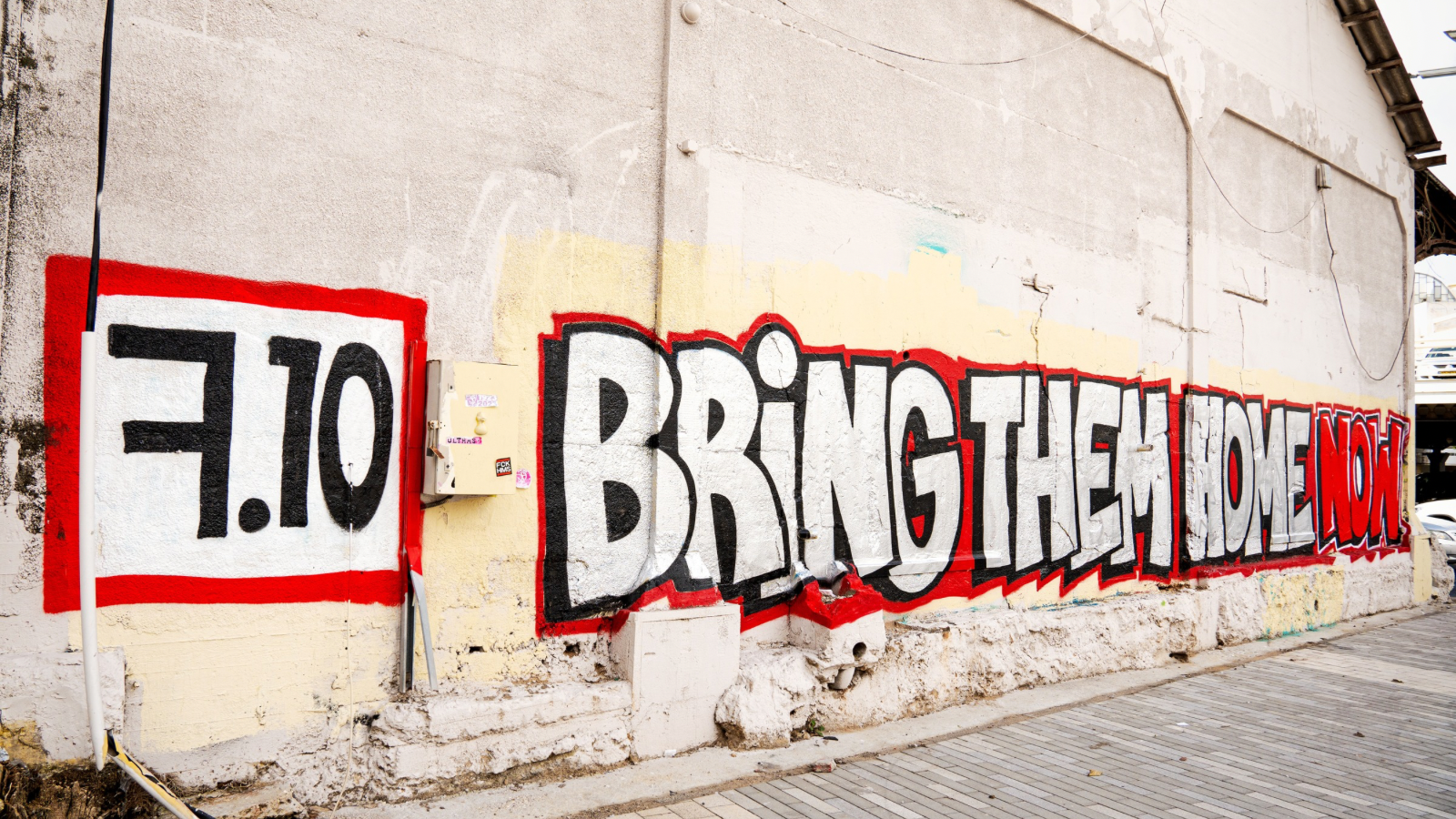
In order to stay connected with the Canna-Jewish community, sign up to receive The Canna Jewish News delivered right to your inbox. To learn more about the role of cannabis in the Jewish tradition, check out our new online course The Jewish Relation to Cannabis, sold with the Yeshiva Subscription to Cannabis Jew Magazine.
